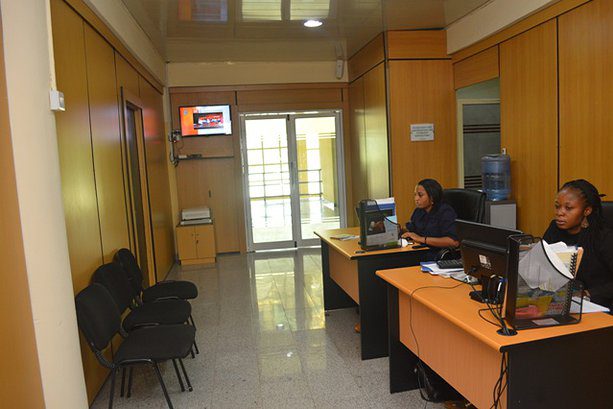Global Issues
The Evolution of Remote Work: Navigating the Challenges and Opportunities -By Shama Ezekiel
Despite these challenges, remote work also presents a myriad of opportunities for innovation and growth. By embracing remote work, companies can tap into a global talent pool, diversify their workforce, and foster a culture of inclusivity. Remote work also allows for greater flexibility in scheduling, enabling employees to create a work routine that best suits their individual needs and preferences.

In the wake of the COVID-19 pandemic, remote work has become more than just a temporary solution—it has transformed into a permanent fixture of the modern workforce. As organizations adapt to this new paradigm, it’s essential to explore the evolution of remote work, its challenges, and the opportunities it presents for both employers and employees.
One of the most significant shifts brought about by remote work is the redefinition of the traditional office space. With technology enabling seamless communication and collaboration from anywhere in the world, physical office locations are no longer a prerequisite for productivity. This decentralization has paved the way for a more flexible and inclusive work environment, allowing individuals to balance professional and personal commitments more effectively.
However, this transition has not been without its hurdles. Many organizations have grappled with issues surrounding employee engagement, communication, and mental health in a remote setting. The lack of face-to-face interaction can lead to feelings of isolation and disconnect among team members, impacting morale and productivity. Additionally, blurred boundaries between work and home life can contribute to burnout and stress if not managed effectively.
Despite these challenges, remote work also presents a myriad of opportunities for innovation and growth. By embracing remote work, companies can tap into a global talent pool, diversify their workforce, and foster a culture of inclusivity. Remote work also allows for greater flexibility in scheduling, enabling employees to create a work routine that best suits their individual needs and preferences.
Moreover, remote work has the potential to drive environmental sustainability by reducing the need for daily commutes and office space. By embracing remote work practices
Shama Ezekiel Writes from mass communication department Abubakar Tatari Ali Polytechnic Bauchi and can be reached via shamaezekiel2@gmail.com



















